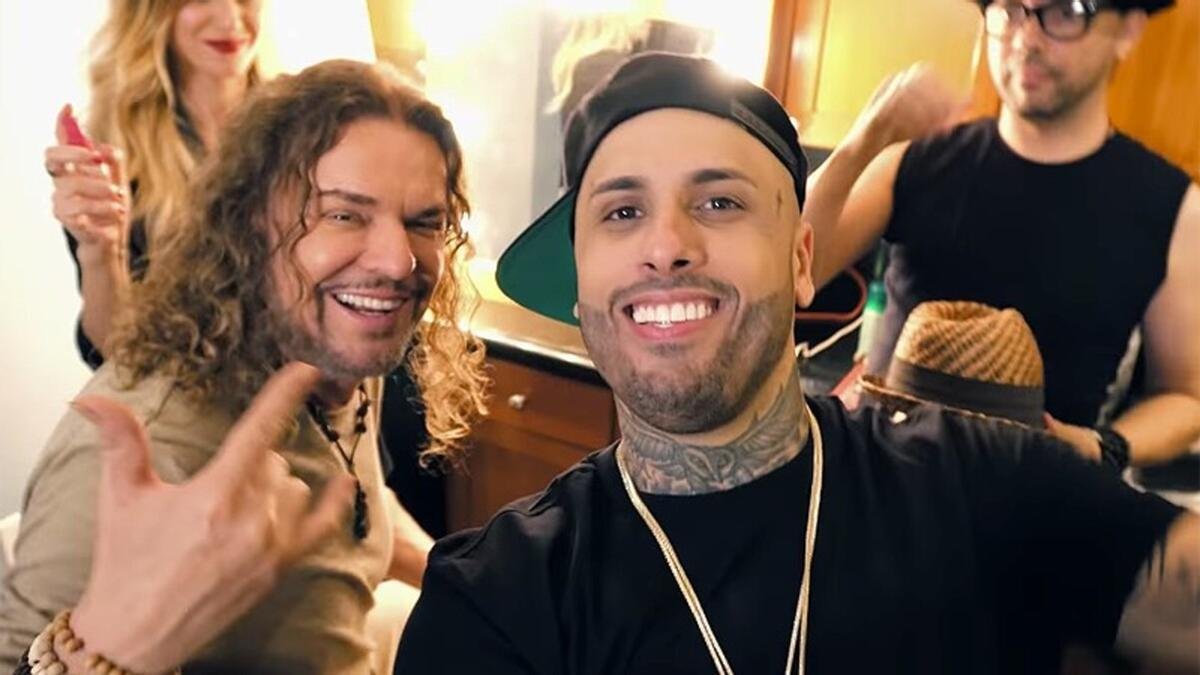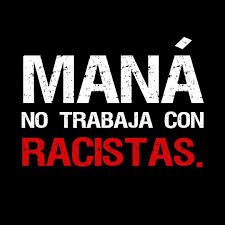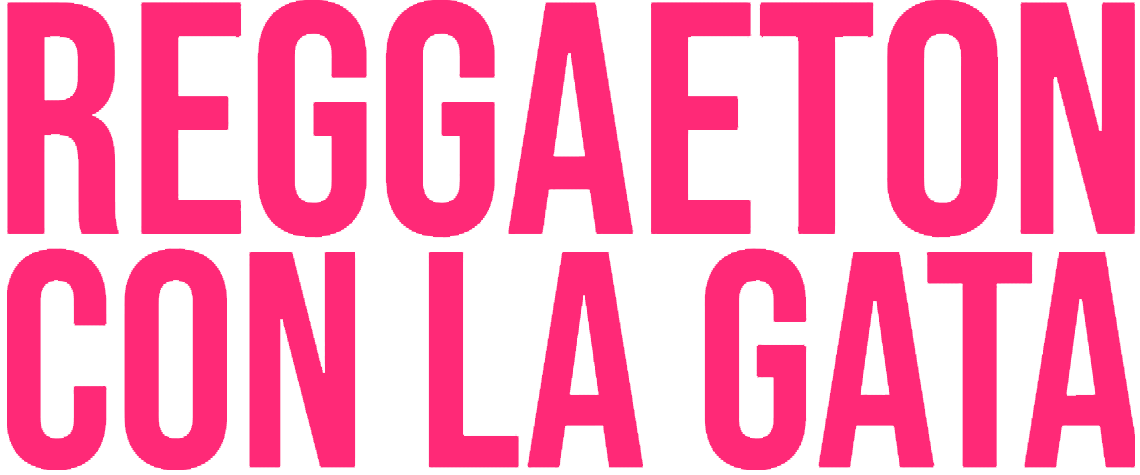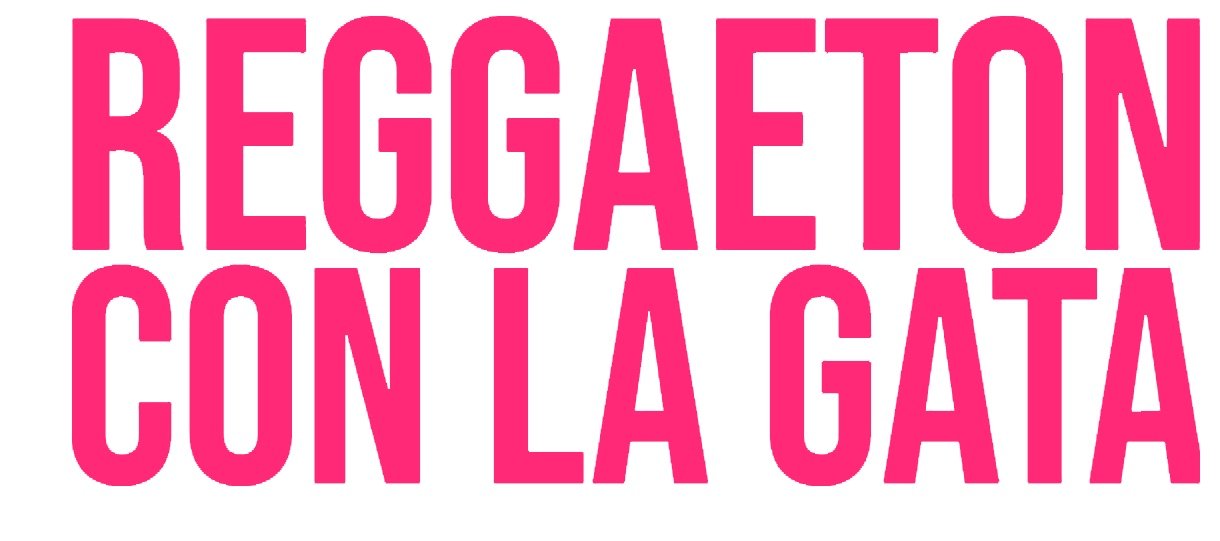Reggaeton Artists Endorsing Trump? Allow me To Connect The Dots
The sentiment of "vote blue no matter who," which many Democrats have relied upon, especially in the last election cycle is increasingly being scrutinized. Voters are becoming more informed about how government funds and GDP are allocated, particularly when they see resources being used for military endeavors overseas while domestic issues remain unaddressed or overlooked. This growing awareness is leading to a more critical electorate, demanding greater accountability and transparency from their representatives unlike anything ever seen before. Both parties Republican and Democrat alike are recognizing the power of alternative popular forms of programming, music but even more specifically Reggaeton.
Reggaeton is the most popular genre in the Spanish language, originally a diasporic culmination of HipHop, Dancehall, Bomba, and Popular sounds throughout its 30 year evolution. Its popularity is reaching heights unforeseen and the influence of its most notable ambassadors parallels that new growth. Considering all of this, although it felt completely random I was not surprised when I saw Anuel AA endorse Trump in Pennsylvania, Nicky Jam and Justin Quiles at the Las Vegas Trump rally. Their actions caused significant backlash from fans and the broader community but their endorsements highlights a never ending divide within the Latino community regarding political affiliations but especially racial politics, considering Trump's controversial immigration policies, his administration's response to crises in Latin American countries and even hispanics in the U.S. their endorsements speak to Republican Latinos who’re on the proverbial political fence but more importantly, it banks on the ignorance of U.S. Latinos in a manner that severely undermines the well marketed cultural tradition of “uniformity”, its not popular to endorse Trump, outloud anyways.
I recently discussed this matter on CNN’s podcast "One Thing" hosted by David Rind, Where I expanded on Reggaetoneros support of Trump and the idea of celebrity endorsements and influence’ on public opinion as well as giving U.S. voters more credit.


The truth is Nicky Jam, Justin Quiles, Luar La L, Young Chimi, Angel AA, J Quiles are all banking on the ignorance of their supporters, and to some degree while I am avidly disgusted by their actions, I want to highlight something even more important: Their endorsements truly reflect the diversity of Latinidad, and the tradition of ambiguous representative of marginalized people while effectively engaging in harmful politics: One size does not fit all.
Latinos are far from monolithic in language, physical appearance, traditions and political affiliations however it’s difficult to decipher that at first glance due to undifferentiated branding of Latino culture as a whole. Exhausted usage of identifiers such as “Brown”, “Familia”, and tired jokes in unison have dulled the complexity of Latinidad and erased Blackness and its respective political issues, and the same can be said for Reggaeton. The genre that was born out of the necessity of a voice across the AfroCaribbean diaspora, that galvanized islanders to speak out and against policies like ‘The Iron Fist Against Crime’ which directly affects the mass militarization of the police towards minorities in the United States today, Regueton, has now become so apolitical that the encouragement of its mass consumption simultaneously removes various grades of its socio-political power and or is white washed. Nicky Jam is one of the earliest inhibitors of Regueton culture. Nicky Jam, the former musical partner of Daddy Yankee in their legendary duo ‘Los Cangris’ detailed police brutality in his Netflix Docu-Series “El Ganador” (The Winner), it also included themes of perseverance, pulling himself up by his bootstraps, a battle against addiction and a battle of morality. There is a long standing tradition of Regueton being equated to immorality, poverty, ignorance, a specific type of dehumanization. This disavowment occurs despite Reggaeton being the primary medium supporting its greatest ambassadors to economic freedom, only to be abandoned after they equate greatness with conservativism as seen by notable acts like El General, Hector El Father, Julio Voltio and others citing it as an immoral celebration to a meaningful way of life.
“This Ad was Paid for by Benito Antonio Martinez Ocasio A Puerto Rican Who loves Puerto Rico”
Bad Bunny has used his platform to criticize the New Progressive Party (PNP) in Puerto Rico, particularly by purchasing billboards in San Juan to voice his opposition. The billboards, which display messages like "A vote for the PNP is a vote for corruption," highlight his frustration with the party's handling of various issues affecting the island.
I applaud Bad Bunny for his personal investment of $150,000 to increase the awareness of major issues affecting Puerto Rican islanders. I think any artist with a large platform should exercise social responsibility towards their influence of their audience to educate themselves before mass communicating messages that can permanently lead the communities towards change progressive or not.
Recently the controversial Boricua rapper ‘Residente’ pleaded in a video posted on instagram, for allies of the greater Latino diaspora to speak out and in support of Puerto Rico to further educate the masses on the policies actively affecting the island.
Puerto Rico’s political landscape is complex, shaped by its unique status as a U.S. colony. The island's main political parties include the New Progressive Party (PNP), which allegedly advocates for Puerto Rico's statehood. Many local islanders join Bad Bunny in his criticism of PNP highlighting the party as “far right.”
Puerto Rican DJ and advocate Monique Parker, Agent DMZ of Perreo To The People a community based platform notes “Puerto Rico deserves better and even more”
In a separate post she notes “Why are they so worried about Benito and NOT about ‘The Dead Who’re Voting’?” (Referencing those who are unable to due to the corruption on the island leading to their untimely demise)
She continues, “So we can’t trust la Comisión Estatal de Elecciones. 5,872 electores who died between 2015 & Sept 30, 2020, appear to have voted in 2020 or 2016. Also, there are more than 2,865 active voters that are over 100 years old and some with DOB from the 1800s,” in reference to recent instances of corruption concerning the commonwealth of Puerto Rico.
The Popular Democratic Party (PPD), which claims to support the maintenance of the current commonwealth status with enhanced autonomy; and the Puerto Rican Independence Party (PIP), which has claimed to seek full independence from the United States. Each party represents different visions for Puerto Rico's future, reflecting the diverse opinions and aspirations of its residents and the larger Puerto Rican diaspora.
Concerning the 2024 presidential election Harris vs. Trump, The Latino vote in the United States is far from monolithic, representing a wide array of national origins, political views, and priorities. This diversity means that political candidates must address varied concerns, from immigration reform to economic opportunity, healthcare, and education. As Latinos become an increasingly crucial voting bloc, understanding their diverse perspectives and priorities is essential for any political campaign aiming to garner their support.
One significant issue that has fueled voter discontent is the handling of natural disasters like Hurricane Helene. Many feel that the government's response to such crises has been inadequate, with funds being diverted to foreign matters like Israel’s genocide of Palestinians and their recent attacks of the Lebanese. The misallocation of resources has led to calls for more investment in disaster preparedness and response, as well as broader social safety nets like universal healthcare as well as divestment from war
Overall, the political landscape is becoming more dynamic and informed, with voters demanding more from their leaders. The Latino vote, in particular, is poised to play a crucial role in shaping future elections. As the electorate becomes increasingly aware of the broader implications of their vote, from international policy to local impact, I genuinely believe that politicians will need to address these concerns more effectively to gain their trust and support or risk losing altogether.



